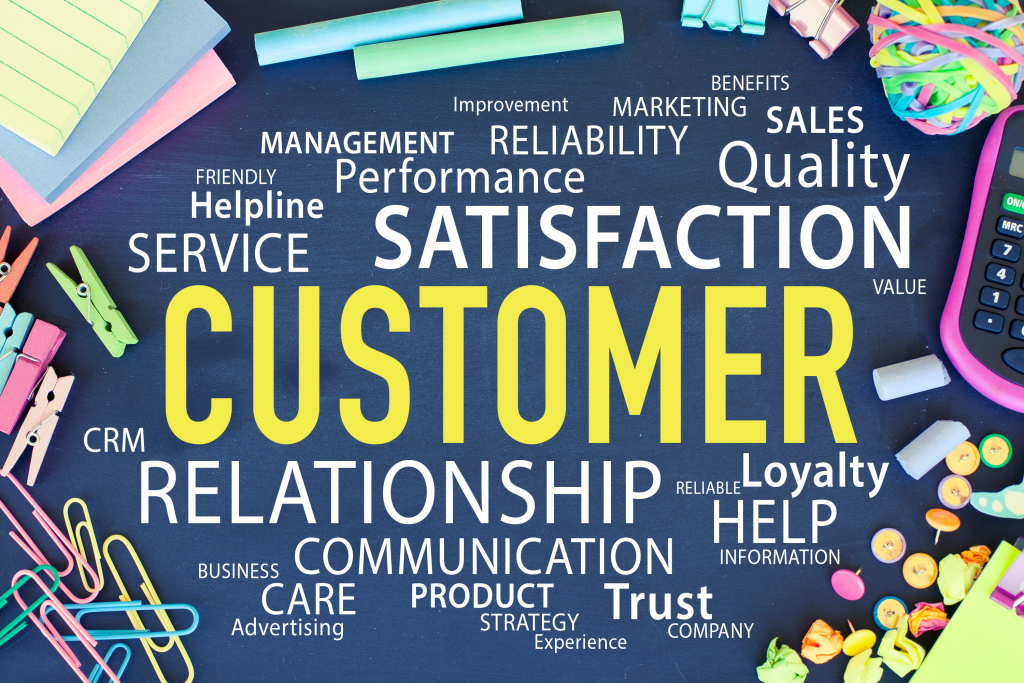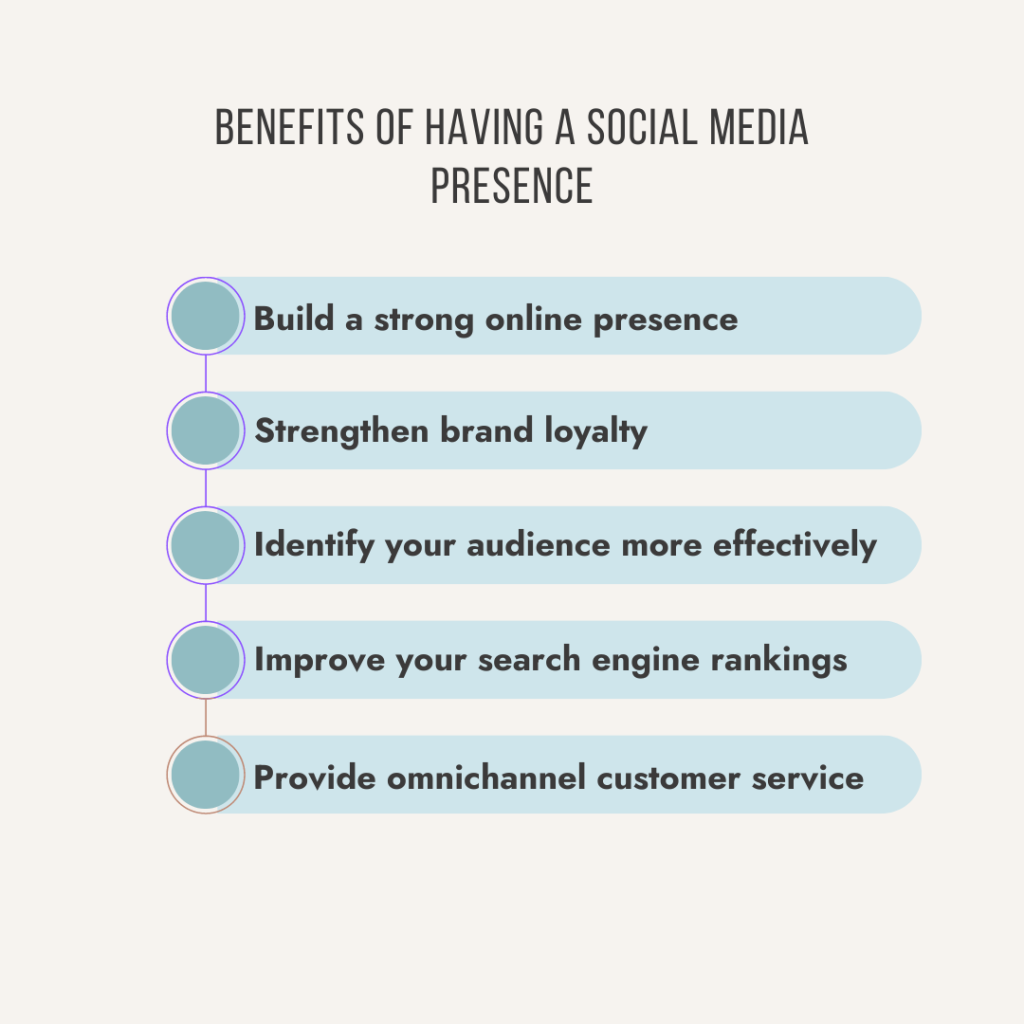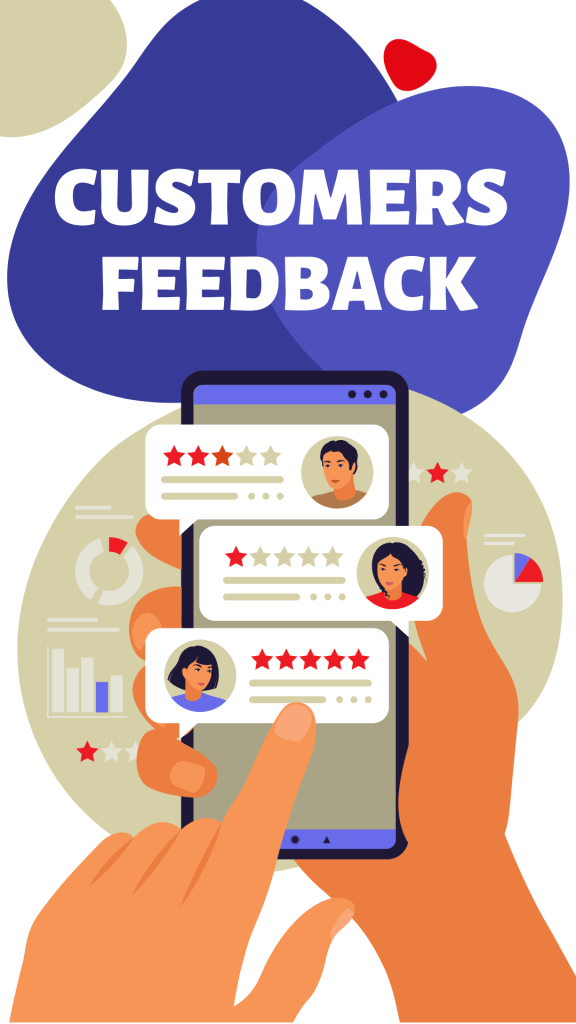In today’s digitally-driven world, businesses increasingly focus on building strong customer relationships through digital experiences. As customers are more empowered than ever, they can access a wealth of information at their fingertips and easily compare products and services from different providers.

With the rise of online shopping and social media, customers can now access a wide range of products and services at their fingertips. As a result, delivering exceptional digital customer experiences has become a critical differentiator for businesses looking to unlock growth and gain a competitive edge. So, how can businesses unlock growth through digital customer experience? Here are some key insights and best practices to consider:
- Personalization is key: Customers today expect personalized experiences that are tailored to their unique needs and preferences. Customers want to feel seen and heard, and digital experiences that are tailored to their individual needs and preferences can go a long way towards building loyalty. This requires businesses to collect and analyze customer data and use it to deliver personalized product recommendations on the basis of past purchases, targeted promotions based on browsing behavior, or even customized content that speaks to a customer’s interests and values.
- Consistency across channels: Customers expect a consistent experience across all channels, whether they are browsing on a website, using a mobile app, or engaging with a chatbot. Businesses must ensure that their digital experiences are seamless and consistent across all touchpoints.
- Seamless user experience: Another key aspect of building strong customer relationships through digital experiences is creating a seamless and enjoyable user experience across all touchpoints. This means investing in user-friendly interfaces, intuitive navigation, and fast load times across desktop and mobile devices. It also means providing easy and efficient customer service through channels like chatbots and email support.
- Self-service options: Customers today prefer self-service options that allow them to quickly and easily find answers to their questions or resolve issues on their own. This requires businesses to provide robust self-service options, such as FAQ pages, knowledge bases, and chatbots.

- Social media also plays a critical role in building strong customer relationships through digital experiences. Platforms like Facebook, Twitter, and Instagram provide businesses with powerful tools for engaging with customers, building brand awareness, and fostering a sense of community. By creating compelling content that speaks to their audience and responding quickly and thoughtfully to customer inquiries and feedback, businesses can build strong relationships with their followers and turn them into loyal customers.
- Real-time communication: Customers expect real-time communication and support, whether it’s through chat or social media. Businesses must be able to respond to customer inquiries quickly and efficiently, and provide timely updates on order status or issue resolution.
- Continuous improvement: Finally, businesses must be committed to continuous improvement when it comes to digital customer experience. This means gathering feedback from customers, monitoring performance metrics, and making ongoing improvements to the user experience.

In conclusion, unlocking growth through digital customer experience requires a commitment to personalization, consistency, self-service, real-time communication, and continuous improvement. By delivering exceptional digital experiences that meet and exceed customer expectations, businesses can drive growth, build brand loyalty, and gain a competitive edge in the digital age.









